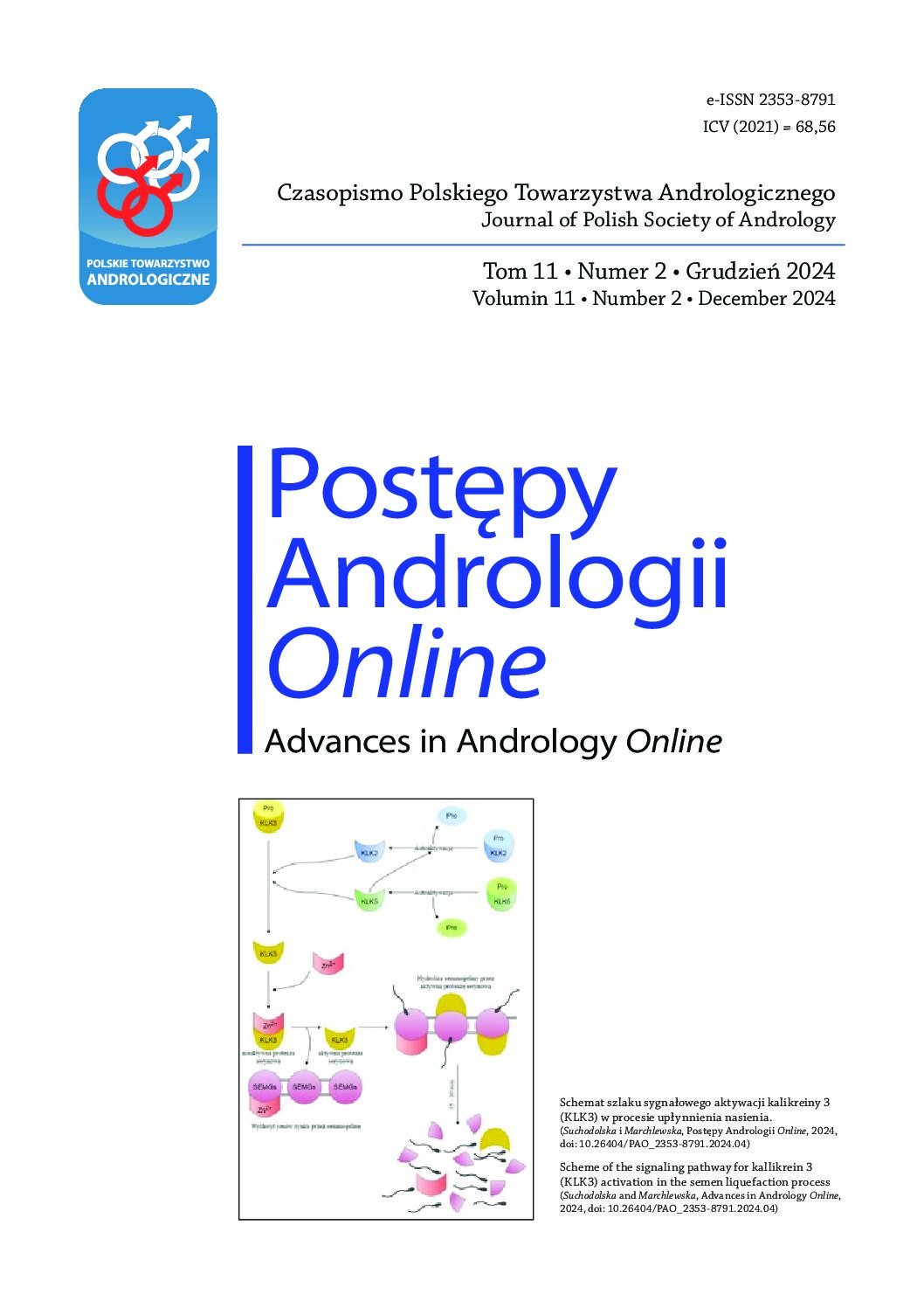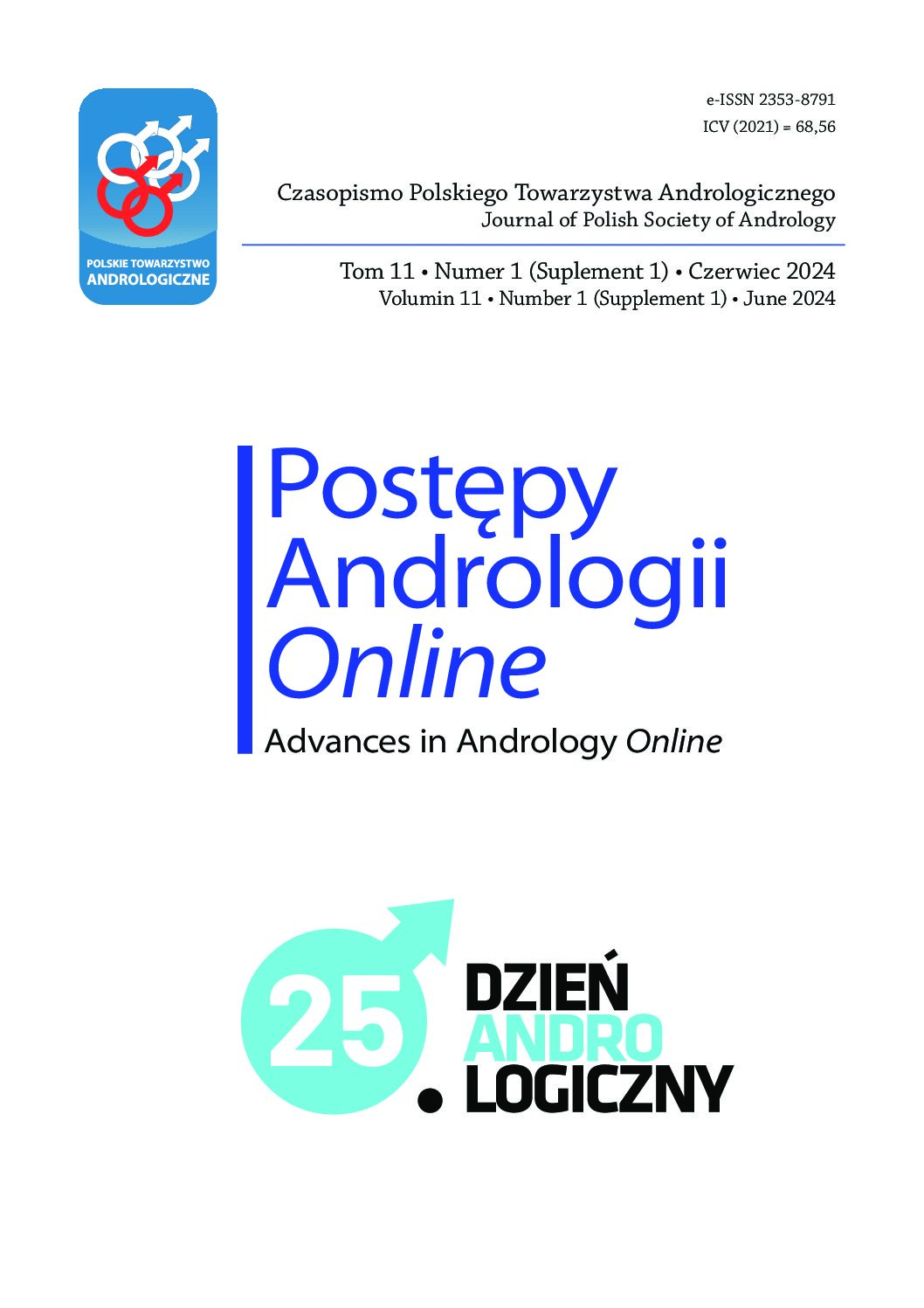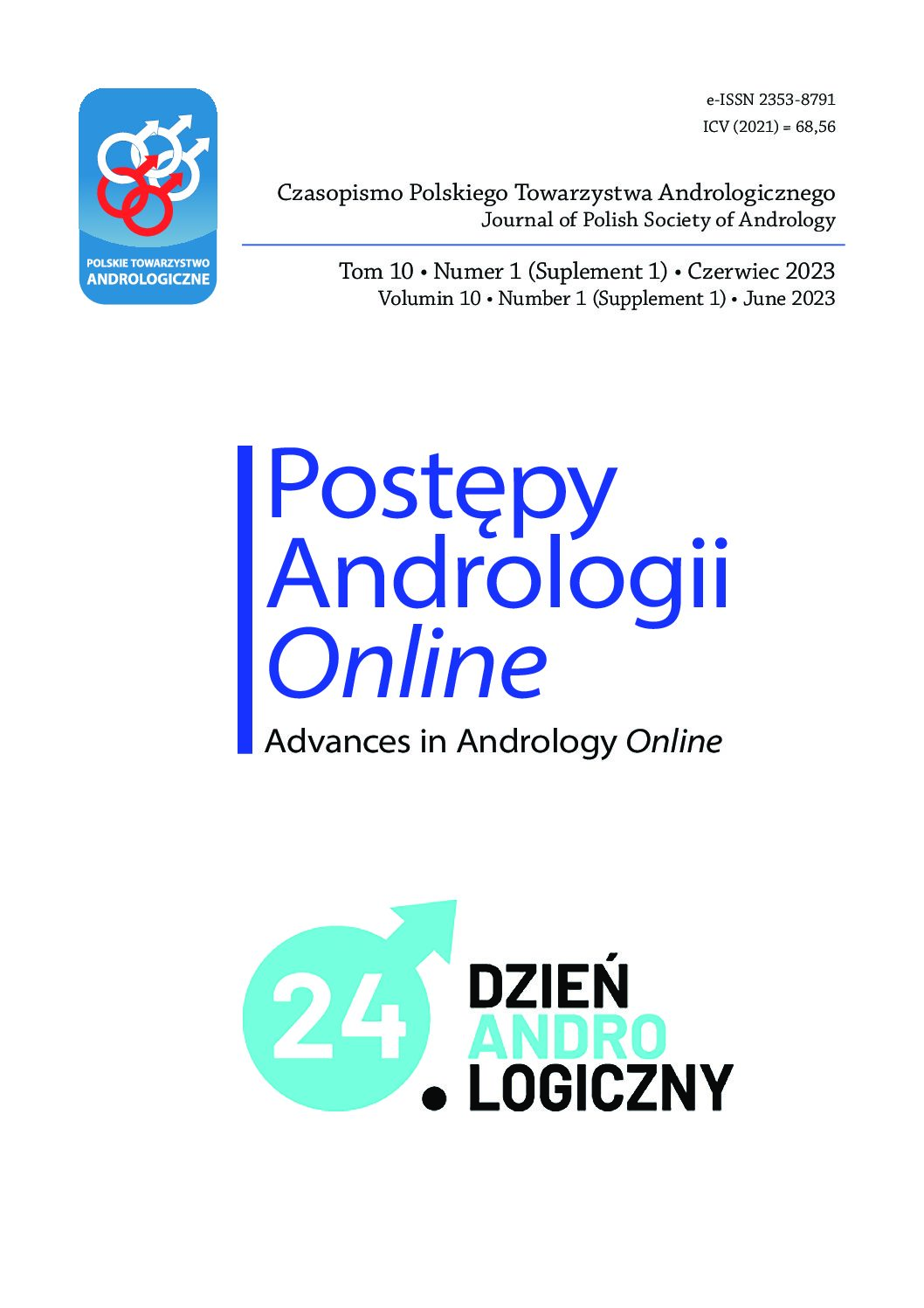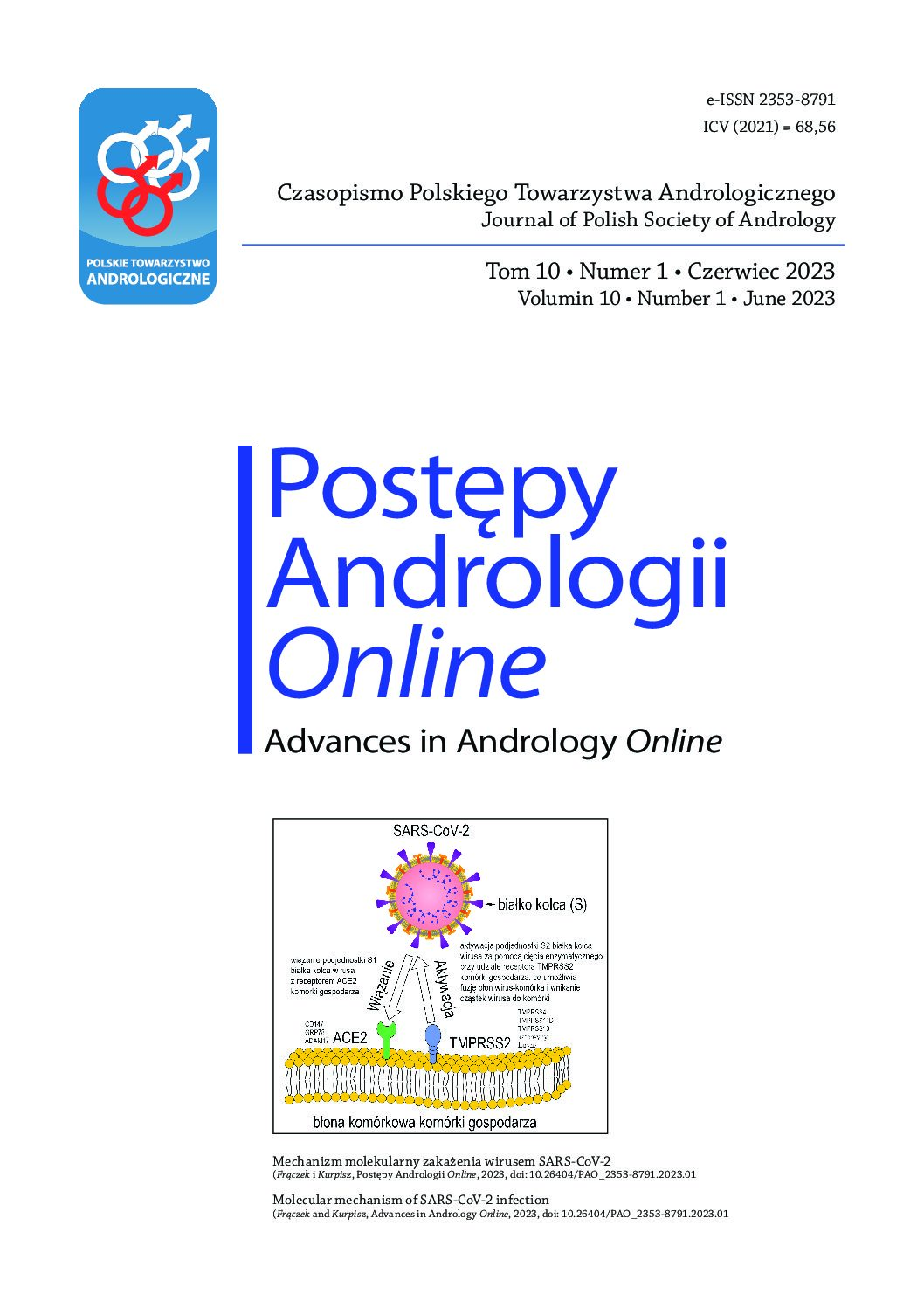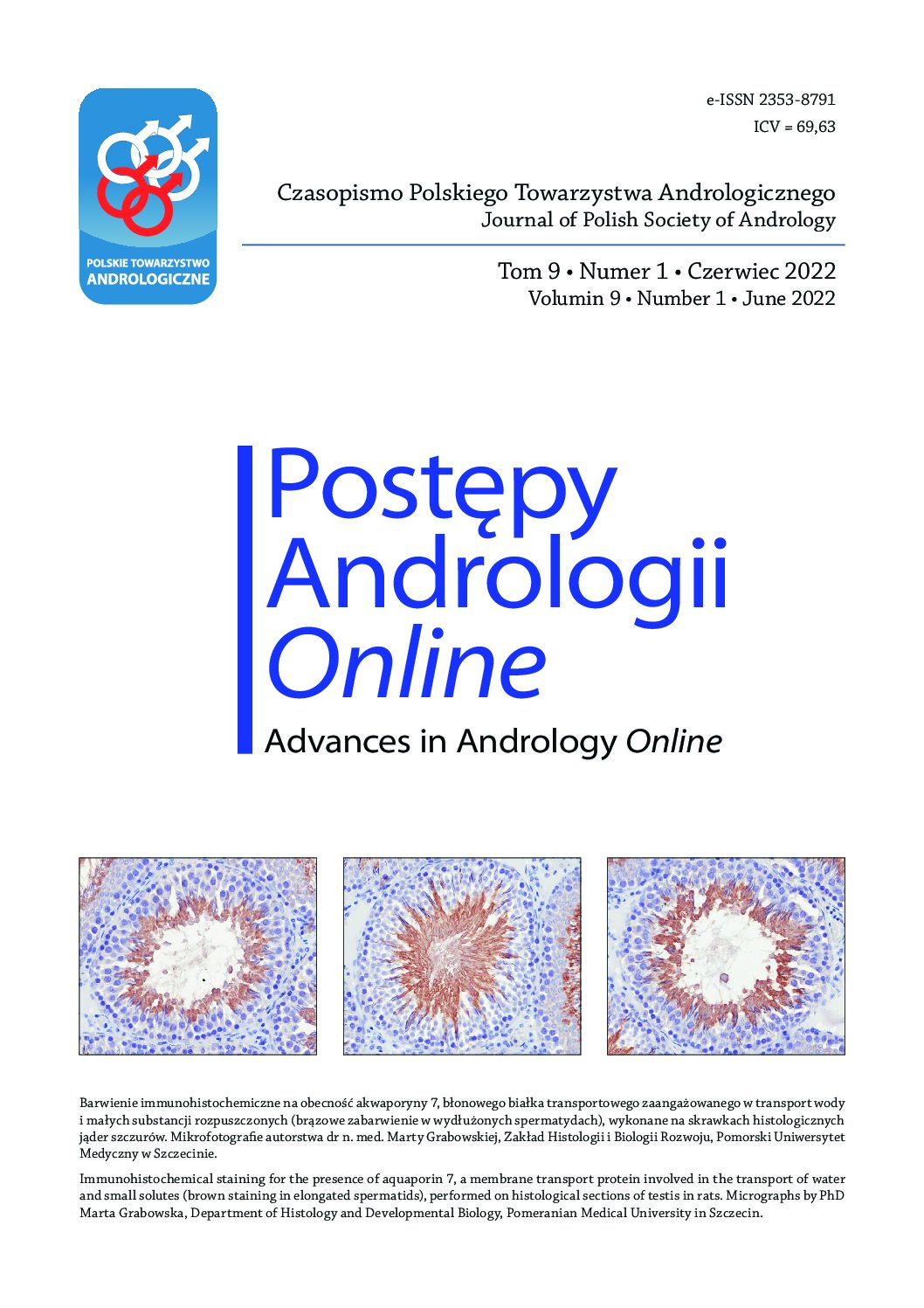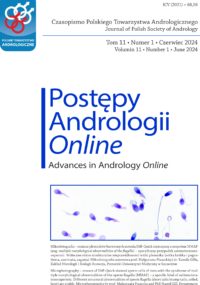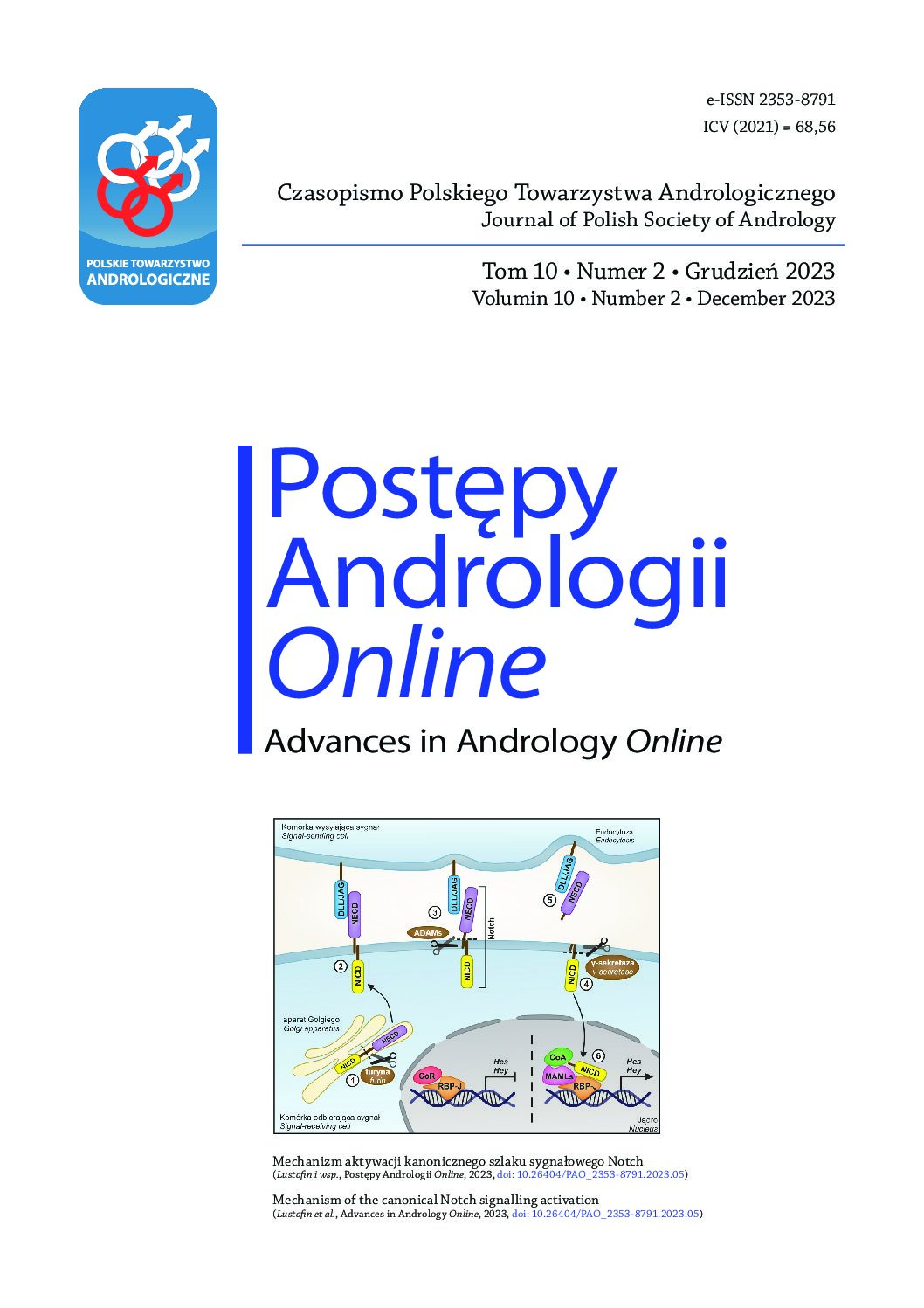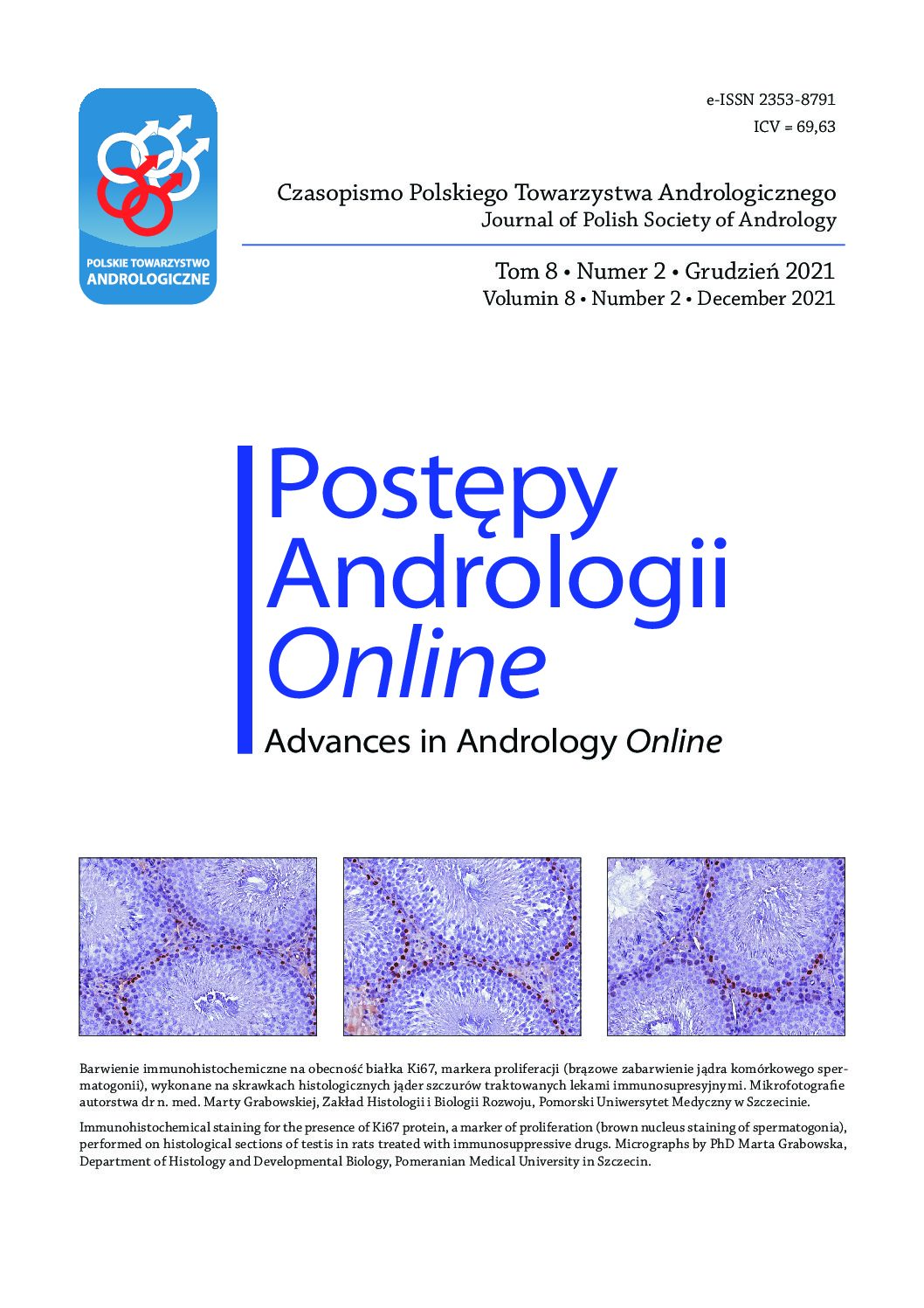Bacteriospermia and its influence on male semen parameters.
Asymptomatic bacteriospermia is defined as the presence of bacteria in the semen without evident clinical symptoms of infection in the male genital tract. Among many environmental factors that can affect the quality of the semen, and finally the male fertility, infection of the male reproductive system is considered as one of the most important factor. Recent studies show that up to 15% of cases of male infertility can result from bacteriospermia. Acute, symptomatic male genital tract infections require frequent medical interventions. In contrast, patients with disturbed seminological parameters without clinical symptoms of infection and inflammation are in many cases left undiagnosed. The negative bacteriospermic effect on the semen quality is frequently neglected, however bacterial infections can cause: 1) changes in the color, smell and pH of semen, 2) sperm agglutination and aggregation, 3) damage of sperm cellular membrane, acrosome, mitochondria, 4) increase in sperm DNA fragmentation, and finally, 5) reduced sperm motility and vitality. It is also important to note that most often asymptomatic infections of the male genital tract concern more than one organ. The pathophysiological mechanisms of bacterial impact on semen are complex and result from direct or indirect action of pathogens, cytokines and reactive oxygen species on spermatozoa as well as spermatogenesis.
